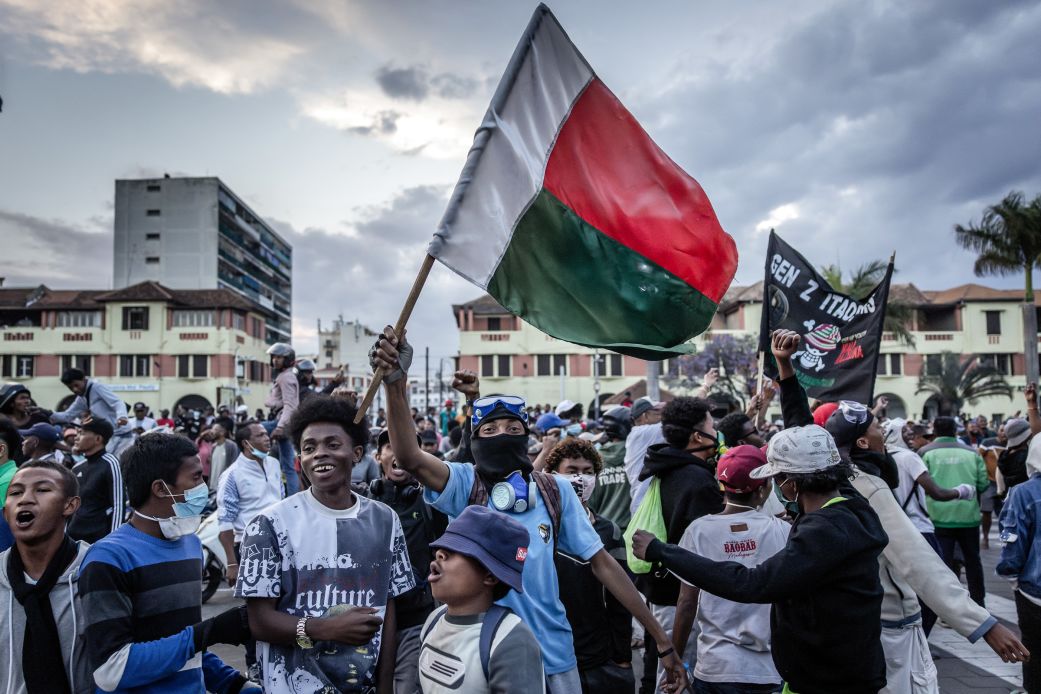
The wheel has turned in Madagascar, and few symbols capture it more vividly than the deserted headquarters of Mamy Ravatomanga’s vast empire. Once the untouchable ally of ousted President Andry Rajoelina, the 56-year-old tycoon fled to Mauritius days before last week’s coup.
In the weeks leading to Rajoelina’s fall on October 14, crowds filled the streets demanding both men’s arrest, chanting the businessman’s nickname, “Blue Stone.” “Before, we were afraid to speak his name,” said call centre worker Poussy Ravelomanantsoa, passing the now-silent Sodiat headquarters in Antananarivo. “Now, there’s a bit more freedom.”
Ravatomanga’s power had long loomed over Madagascar’s politics and economy. Critics say dissent brought punishment — arrests, trials, and silenced voices. Former minister Harry Laurent Rahajason spent 30 months in prison after testifying against him in a Paris court over rosewood trafficking.
His conglomerate, Sodiat, controlled major exports — lychee and vanilla — and spread into transport, real estate, aviation, media, and luxury tourism. Today, its once-glittering glass tower stands abandoned, guarded by soldiers from CAPSAT, the military unit that seized power on Tuesday.
CAPSAT’s commander, Michael Randrianirina, was sworn in as president on Friday, promising a clean break from corruption and cronyism. Ravatomanga’s escape did not shield him from scrutiny. Mauritius’s Financial Crimes Commission has frozen his assets and launched a money laundering probe.
Madagascar’s judiciary has issued a warrant, and Interpol’s help has been requested, lawyer Fanirisoa Ernaivo said. “Many cases went nowhere because of his power,” she noted. “This time feels different.” The fall of “Blue Stone” closes a chapter in Madagascar’s turbulent saga — and hints at the fragile dawn of accountability.
